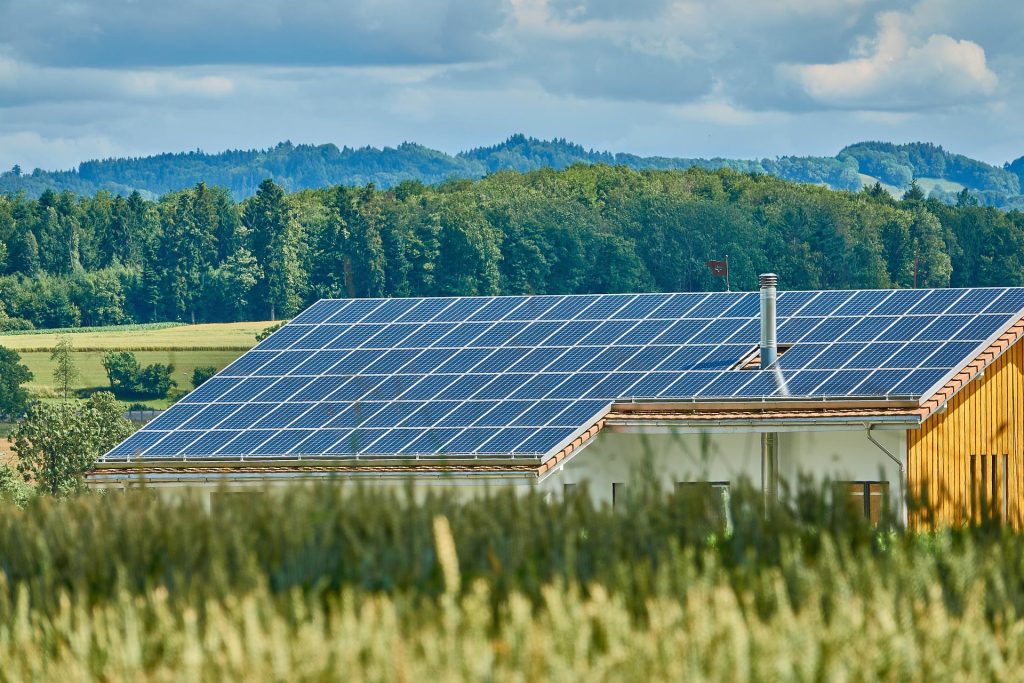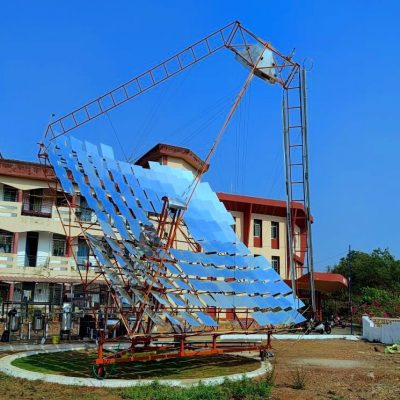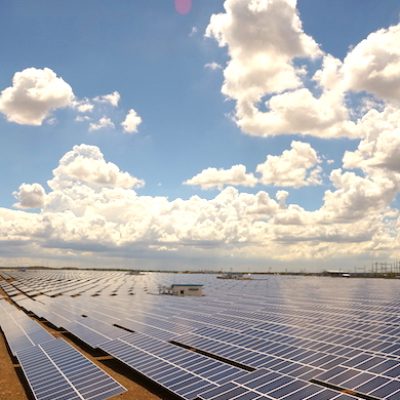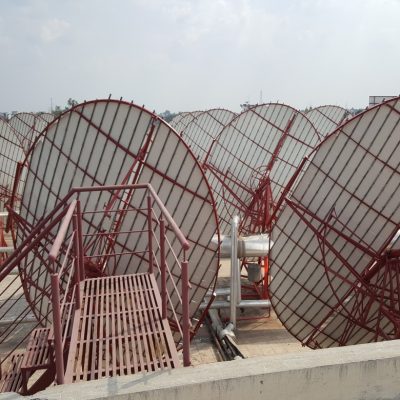The sun is the source of solar energy. Solar panels (also known as “PV panels”) convert sunlight, which is composed of energy particles called “photons,” into electricity that may be utilised to power electrical appliances.
Solar panels can be used for a variety of purposes, including remote power systems for homes, environment monitoring, and, of course, electricity generation by residential and commercial photovoltaic electric systems.
We’ll look at how solar panels operate, how they’re created, how they generate electricity, and where to buy them.

What exactly is solar PV and how does it function?
The term ‘Photovoltaics’ refers to the process of transforming light into electricity (completely different from Solar Thermal which is heating water).
Solar panels generate DC electricity directly from sunlight, which is then converted to AC electricity via an inverter.
The inverter is connected to your base unit (fuse box), allowing you to use energy in your home.
Solar PV systems turn sunlight into electricity using cells. One or two layers of a semi conducting material, commonly silicon, make a PV cell. When light shines on the cell, it creates an electric field that causes electricity to flow through the layers. The flow of electricity is proportional to the intensity of the light.
In full sunlight, the amount of energy generated by solar pv cells is measured in kilowatt peak (KWp).
There will be a significant amount of energy produced on days with excessive light availability that you may not be able to use. Your PV system will be connected to the grid so that any surplus energy that you don’t consume can be used by the grid.
Price of Solar Panel?
The panels alone could cost anywhere from Rs 30 to Rs 50 per Watt. An inverter, cables, batteries (in off-grid systems), and other components makes a standard PV system. PV modules with larger capacity are often less expensive per Wp than modules with lesser capacity.
Grid-connected PV systems cost somewhere between Rs 50,000 and Rs 75,000 per kWp, depending on the inverter and panel type chosen.
A rooftop solar system costs around Rs 1,00,000 per kWp, including installation costs. If you want to use a battery as a backup, you’ll have to pay an extra Rs 25,000. There are, however, several incentives that can help to lower this cost. The Ministry of New and Renewable Energy (MNRE) encourages the installation of PV systems by providing financial incentives. For the installation of rooftop solar panels in residential, institutional, and social buildings, a subsidy of up to 30% is available. Furthermore, the Income Tax Act allows for an accelerated depreciation of up to 80% for rooftop solar systems. So, after subsidies and accelerated depreciation, the net cost of a typical rooftop solar system may be around Rs 50,400 per KWp
Photovoltaic Solar Vadodara !!
We have been working in the field of renewable energy for the past 7+ years and based in Vadodara, Gujarat. And our goal is to make India the country of renewable energy.
We discontinued providing PV since Ars has always strived to be great in the renewable energy industry, so once PV became widely available, we began to develop new, exceptional products in this sector. And we came with our new technology AGNI 69, a straightforward solution which can be extremely useful in preparing community foods without burning any fuels, reducing fuel consumption by about 80%. which is ready to take over community kitchens from LPG cylinders.



Pingback: The Top 3: India’s Biggest floating solar power plants – Solar Blog